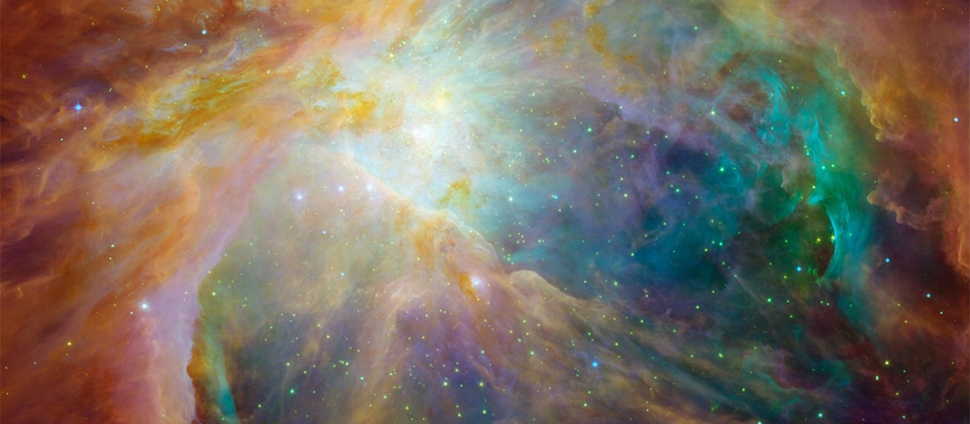Document Type
Article
Publication Date
2021
Publication Title
Research Notes of the AAS
Abstract
The relationship between mass and mass accretion rate in young objects is a powerful tool for interrogating formation and evolution. We analyze a comprehensive database of published accretion diagnostics for ∼400 objects (0.005–2 M⊙), including 64 brown dwarfs. To eliminate systematics between studies as the source of the four orders of magnitude of observed scatter, we uniformly re-estimate masses and accretion rates from direct observables (e.g., spectral types, line luminosities). In particular, we adopt a single grid of evolutionary models to estimate masses, a single family of scaling relations to estimate accretion luminosity, and update line luminosities using Gaia DR2 distances. We find that this unification produces minimal effects on the observed relation, suggesting systematic and methodological variation is not responsible for the scatter. This paves the way for investigation of physical sources of scatter, including: age variation, intrinsic variability, formation mechanism, and accretion paradigm.
Volume
5
Issue
7
DOI
10.3847/2515-5172/ac174d
Creative Commons License

This work is licensed under a Creative Commons Attribution 4.0 International License.
Rights
© 2021. The Author(s). Published by the American Astronomical Society.
Version
Version of Record
Recommended Citation
Dacus, Beck; Plunkett, Cailin; Wang, Huichen; Follette, Katherine B.; Betti, Sarah; Peck, Anne; Robinson, Connor; and Ward-Duong, Kimberly, "Toward Assembling a Comprehensive Database of Substellar Accretion Rates" (2021). Astronomy: Faculty Publications, Smith College, Northampton, MA.
https://scholarworks.smith.edu/ast_facpubs/129


